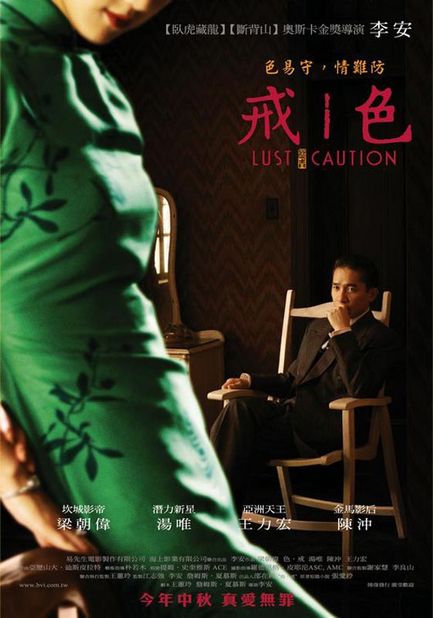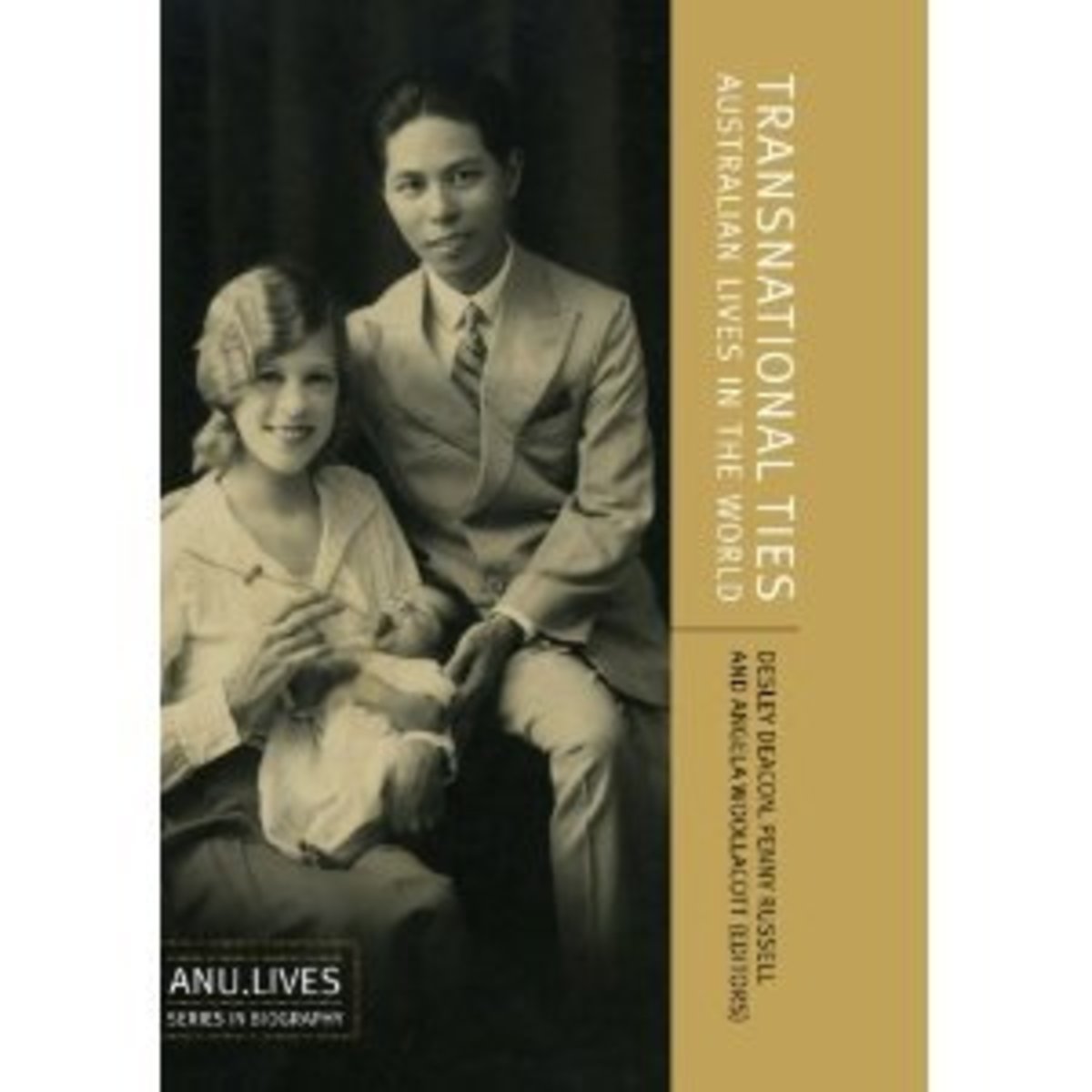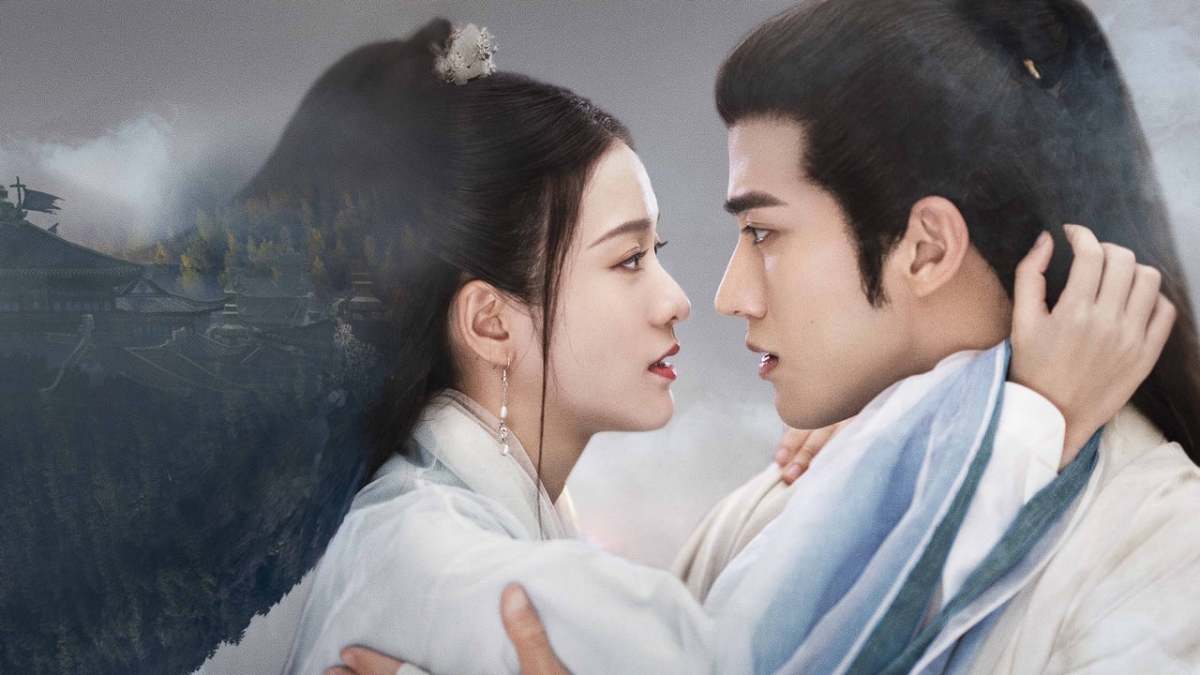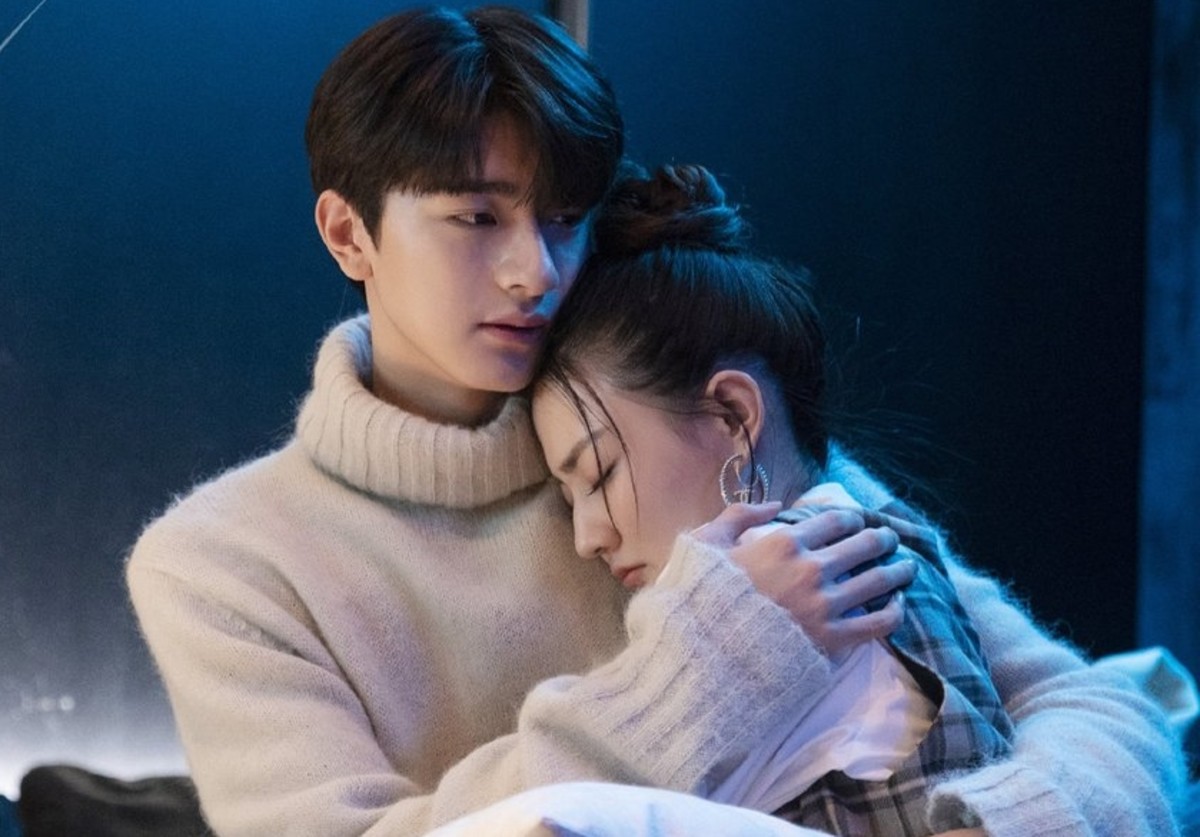Lust, Caution
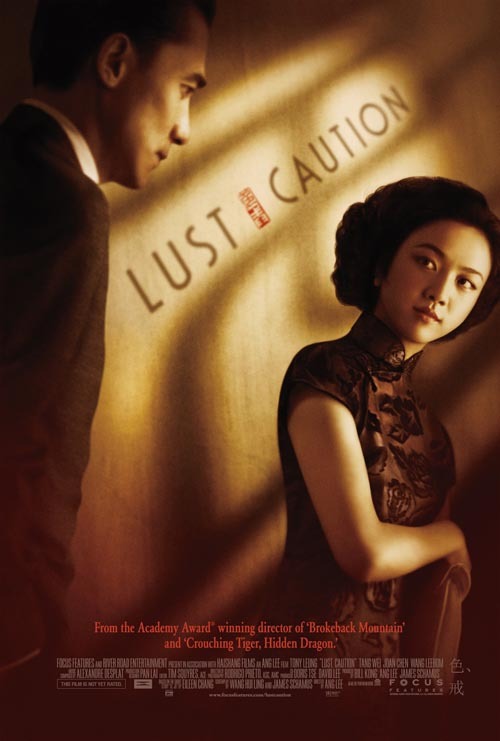
Patriotism, Espionage and Passion
~People think that pace is fast action, quick cutting, people running around or whatever you will, and it's not really that at all. I think that pace in a film is made entirely by keeping the mind of the spector occupied.~
Alfred Hitchcock
Lust, Caution [2007] is a two and half hour epic, directed by Taiwanese American, Ang Lee and based on a short story by Chinese writer, Eileen Chang. Lang has directed a diverse pistache of films including Brokeback Mountain (2005), Hulk, (2003) ,Crouching Tiger, Hidden Dragon.(2000) and Sense and Sensibilty (1995). Described by reviewer David Minihan as 'the epitome of globalisation'. Lee's appeal is broad and the flavour of his films span across cultures, whilst not omitting the conflict and contrast that is sometimes present between East and West.
This is a film with an unconventional pacing and treatment, yet for the most part, somehow manages to keep the mind of the spectator occupied. Set in 1942 in Japanese occupied Shangai, Lust Caution intially emerges as a story of patriotism and espionage, but as the film progresses, it's a theme which becomes overshadowed by the exponential force of a romantic passion. Many of Ang's films, while diverging in genre, share a commonallty in that they often explore the relationship between the individual and the society and this theme is as evident here as elsewhere.
Early in film, Lee employs a flashback technique, dragging the story back to Hong Kong in 1936, where a group of Chinese university students plot to assassinate Mr. Yee [Tony Leung Chiu Wai] a high-ranking Chinese businessman turned collaborator, by using a young woman, Chia Chi [Wei Tang], as bait. The plot is bungled and some years later Chi is recruited by an underground resistance group to reignite the original conspiracy.What begins [slowly] as a sado-masochistic affair eventually evolves into a deeply passionate relationship, causing all manner of conflict for the protagonists...in particular Chi, who is expected to lead Yee to his destruction.
Lust, Caution is not a briskly paced film and is essentially character driven. Apart from the flashback scenes, the action is revealed slowly like an unfurling bloom and where explicit action does occur, it has all the more impact by way of contrast to the langourous feel of the film. Feelings and emotions are portrayed more by placement, movement and expression rather than expository dialogue. A glance at a decorative clock, the opening of an elegant wardrobe--these are the visual clues to the emotions of the main characters. As writer Peter Green once noted, "an abscence of words can sometimes make a situation between people more telling than words" and always underneath the superficial calm the sexual frisson bubbles along with a moody sexiness.
Another significant aspect of the film is the everpresent mahjong game, presided over by Yee's wife. These sequences are beautifully placed, paced and timed and interweave the story with a kind of poetic body language. While the exquisitely groomed women engage in trite conversations around the table, their glances and gestures hint at subtleties beneath the surface and when Mr. Yee is present, the dynamic and body language changes again. The mahjong scenes are quietly expository and give the audience some refreshing credit for perception.





Snake in the Grass
Overall Lust,Caution is an unusually slow film that perhaps simmers a little too long before the story starts boiling. It feels almost stretched or elongated in its pacing and timing and at 158 minutes long, could alienate some viewers. The retrospective scenes, during the student activism and amateur espionage are, at least in part, cumbersome and suffer from a credibiity crisis. They are also over-written - there is hint of directorial self-indulgence in the film and perhaps Lee has not given as much though to audience response as he should have.
Yet despite it's plot difficulties and slow-motion timing the sheer beauty of the sequences and the force of the central, romantic, albeit sometimes brutal relationship, mesmerises the viewer. An audiences emotional involvement with a film usually passes through phases; first interest must be established, then attention and identification. Chia Chi's profound beauty and nobility, set against a politically fraught background, garners the viewers interest and identification as well as our attention and the "hook" is her perilous situation with Yee. Thus, the viewer has an emotional stake in the outcome of the story.
At one point Chi describes Yee's lust as a snake whispering in her ear--mysteriously powerful and seducing her beyond her own will. This metaphor could apply to the film itself as it winds its way into the viewer's sensibilities with a slow and deliberate grace that is almost hypnotic, leaving an imprint on viewer consciousness in a way few films do. Lust Caution is long, flawed ...and ultimately irresistable. While the story may at times linger too long in contemplation, the story-teller appears to have a good grasp of how to manipulate an audience or in Peter Greens's words "a feel for what grips people's imagination, what intrigues them, attracts them, as well as what worries them". If I had to describe Lust, Caution in one word, I would say...seductive.
